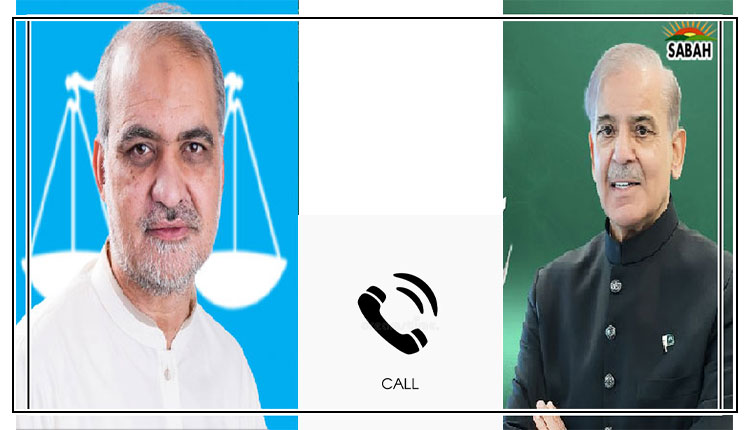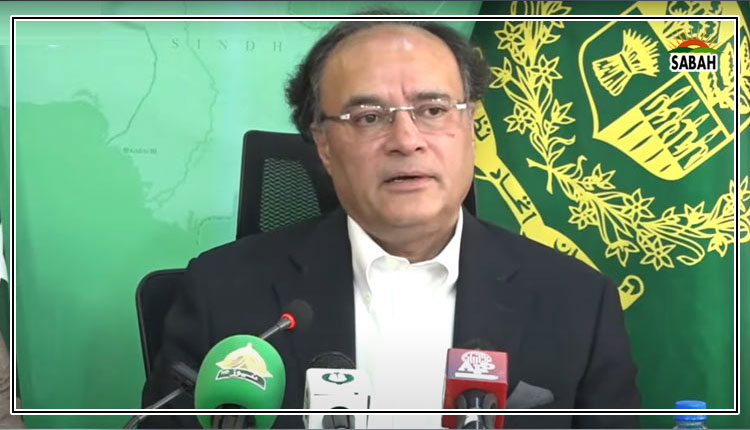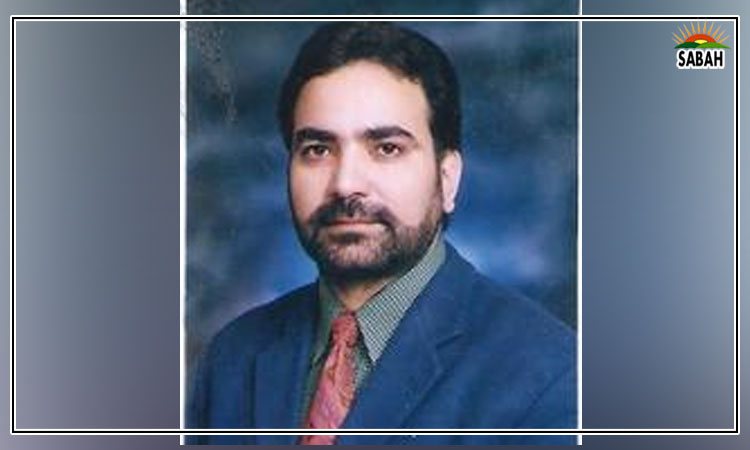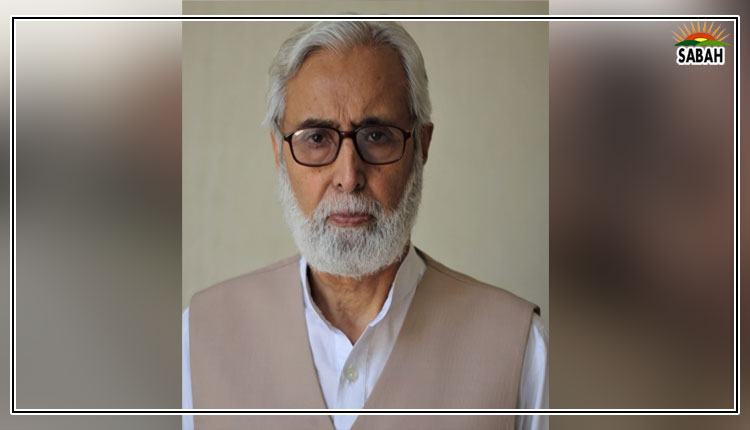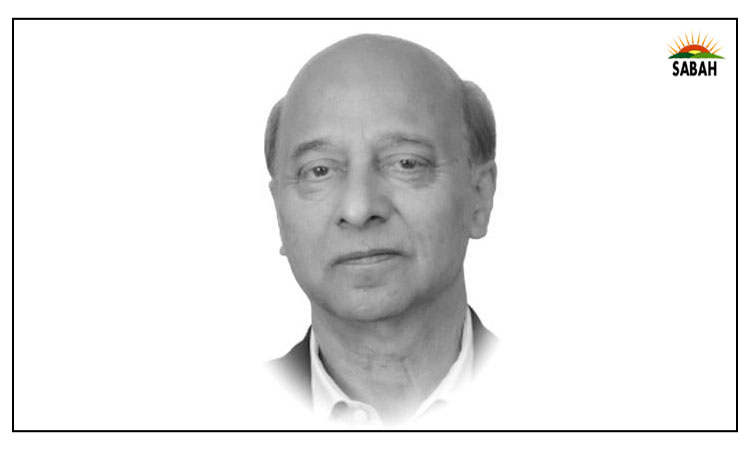Understanding constitutional package: a logical approach… Yahya Farid Khwaja
The primary purpose of a legal system is to deliver justice and create a perception of fairness, both essential for public trust and the state’s authority. Unfortunately, the Pakistani legal system fails to achieve these goals, undermining its legitimacy and that of the state in fostering a just society. Any ordinary litigant’s experience will likely discourage others from engaging with this system.
The Supreme Court of Pakistan is the cornerstone of the judicial system, yet with over sixty thousand pending cases, it fails to serve as a beacon of hope or accountability for the lower judiciary, which faces an even greater backlog. To oppose reforming this failing system is a serious injustice that will ultimately haunt us. If changes aren’t made, the entire legal system risks collapsing like a house of cards.
The 26th Constitutional Amendment Bill offers a promising opportunity to reform our failing system. It proposes forty-three amendments, including the establishment of a dedicated constitutional court to address constitutional and public interest cases; empowering the Judicial Commission to evaluate over one hundred High Court judges; reducing the Supreme Court’s appeal decision timeframe to twelve days; fixing the Chief Justice’s tenure to three years; and involving Parliament in a meaningful way in the appointment of Chief Justice and Supreme Court judges. It is crucial to examine these amendments in a logical and rational way without getting bogged down in the surrounding political debate.
Constitutional Courts: Seventy-seven countries, including exemplary democracies like France and Germany, have established constitutional courts. If a resource-rich country like France can separate constitutional matters from civil and criminal cases, what prevents Pakistan from doing the same? These constitutional courts would reduce the burden on the overloaded Supreme Court and ensure that complex constitutional issues are handled by experts rather than judges who may lack the necessary expertise. Not all seventeen judges on the Supreme Court specialise in this area.
Meritocracy over Seniority: The amendments propose that the Chief Justice of the Supreme Court be selected by an eight-member National Assembly committee, representing all political parties, rather than simply based on seniority. This committee would recommend a Chief Justice from the three most senior judges, with its power limited to those judges. While the committee handles appointments, the Judicial Commission – primarily composed of judges and led by the Chief Justice – retains the authority to remove judges, ensuring judicial independence.
Three-Year Tenure: It is unfortunate that in the past twenty years, while one Chief Justice served for eight years, others barely lasted over fifteen months, with constitutional expert Justice Jawwad S Khwaja serving just eighteen days. Justice Khosa aimed to reduce case backlogs at the Supreme Court and Justice Saqib Nisar sought to improve the lower judiciary, but time proved to be their enemy, preventing their visions from becoming reality. A longer term would ensure certainty, continuity of policies and an effective timeframe.
Evaluation of High Court Judges: Currently, High Court Judges can only be removed by the Supreme Judicial Council for vague misconduct, which has been misused. There are no criteria for penalising poor performance, and many judges serving on singular benches fail to meet case disposal requirements. The proposed amendments would allow the Judicial Commission, through an Act of Parliament, to establish performance evaluation criteria for High Court judges, giving the Supreme Judicial Council the authority to remove those deemed unsatisfactory. With over one hundred judges in the High Court, effective accountability by senior Judges is essential.
Elevation of District Judges to High Court: The Bill proposes that one-third of High Court judges be appointed from among District Judges. Currently, most High Court judges are practising lawyers, often selected based on favoritism and nepotism. District judges have long expressed their frustration over being overlooked for elevation to the High Court, which is discouraging and provides no incentives for improved performance. With decades of experience in handling complex civil and criminal cases, these judges are often more qualified than ordinary practicing lawyers to navigate our intricate legal procedures.
It is a serious injustice that some legal experts have rejected these judicial reforms without considering their merits. While skepticism about the introduction of the Bill and the lack of consultation is valid, dismissing the amendments for political reasons is ultimately self-defeating. The legal community should recognise that only a small fraction of disputes reaches the courts, as most are resolved informally due to the public’s lack of trust in the legal system. Reforming our legal and judicial system will ultimately benefit lawyers and create more opportunities for younger practitioners in securing work.
Courtesy The Express Tribune


